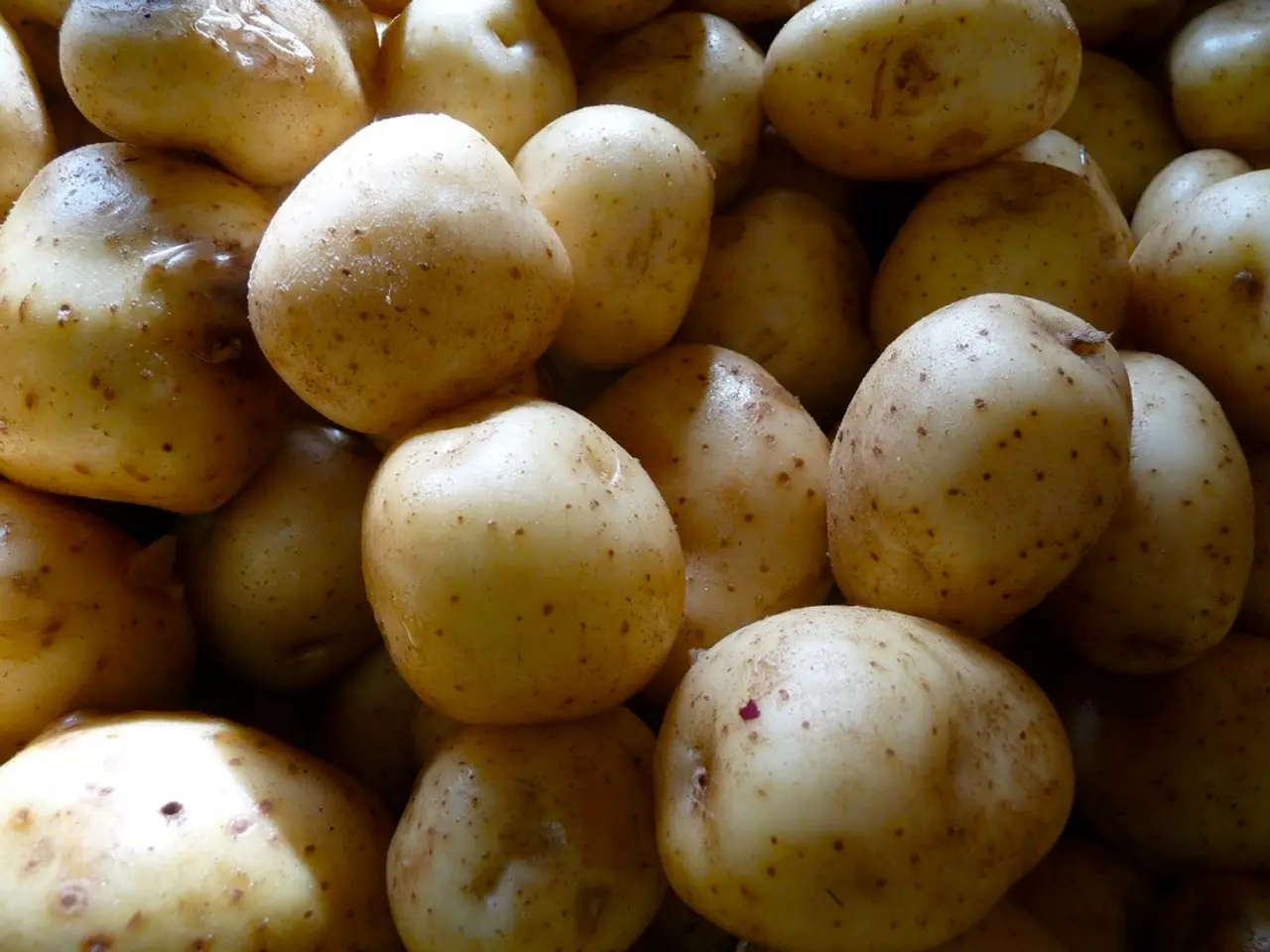Potatoes Might Contribute to Type 2 Diabetes Risks: Scientific Findings Explained
A new study has found that eating French fries could significantly increase the risk of developing type 2 diabetes, compared to other cooking methods of potatoes. The research, conducted on over 200,000 adults, provides valuable evidence that supports current recommendations to prioritize whole grains and limit fried foods.
The study, published in the BMJ, was conducted on 205,107 adults enrolled in three large-scale studies of healthcare professionals in the US. Cristóbal Morales, a specialist in endocrinology and nutrition at Vithas Sevilla Hospital, explained that the study provides valuable evidence that supports current recommendations to prioritize whole grains and limit fried foods.
The research found that potato intake was positively associated with the risk of developing type 2 diabetes, but this association was primarily driven by intake of French fries. Eating three servings of French fries in a week was found to increase the risk of type 2 diabetes by 20 percent.
The frying process is a crucial factor driving the increased risk observed with French fries. French fries are usually deep-fried in refined oils at high heat and often contain added sugars and other ingredients, making them an ultra-processed food. This processing can negatively affect blood sugar regulation, gut health, and inflammation, all of which contribute to diabetes risk.
More frequent consumption of French fries corresponds to a steadily increased diabetes risk. The study estimated that swapping out three servings of fries with whole grains each week could decrease the risk by 19 percent.
However, it's important to note that the study is observational, so no firm conclusions can be drawn about cause and effect regarding the link between potato intake and the risk of developing type 2 diabetes. Willett also emphasized that not all carbs, or even all potatoes, are created equal when shaping dietary guidelines.
The message of the study is to prioritize minimally processed foods and aim for a balanced diet without too much emphasis on one food group. For instance, switching baked, boiled, and mashed potatoes for white rice was associated with an increased risk of type 2 diabetes.
The cohort for the study was composed of healthcare workers, most of whom had European ancestry, so the results may not be generalizable to other populations. Daniel B Ibsen and Yanbo Zhang, in an accompanying editorial, emphasized the value of continuing to include potatoes in diets, prioritizing whole grains.
Corresponding author and professor of epidemiology and nutrition Walter Willett stated that small changes in daily diet can have an important impact on the risk of type 2 diabetes. The study suggests that switching to a different cooking method might be enough to offset some of the health risks associated with potatoes, particularly when it comes to French fries.
In summary, the method of potato preparation strongly influences diabetes risk—fried forms like French fries elevate risk due to their ultra-processed nature, whereas less processed forms like boiled or baked potatoes do not. Eating multiple servings of fries per week is likely not a great idea for overall health. The conversation is shifting from whether potatoes are good or bad to a more nuanced question: How are they prepared, and what might we eat instead?




